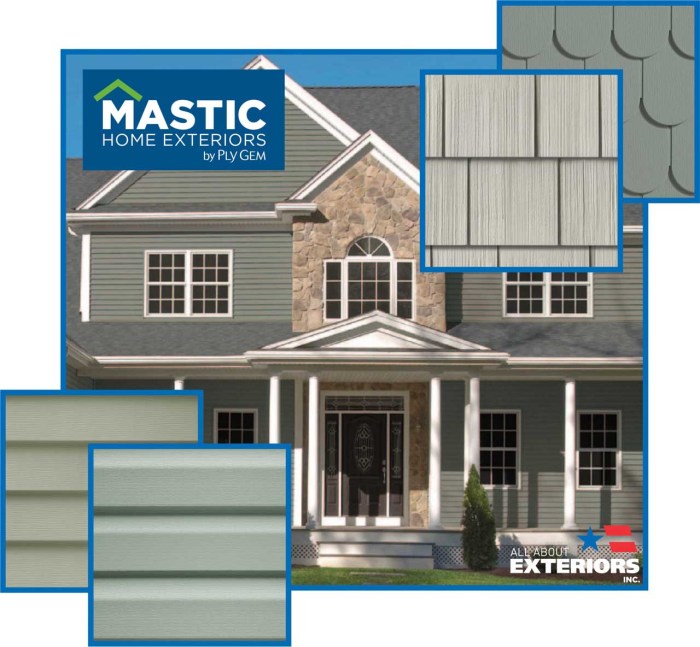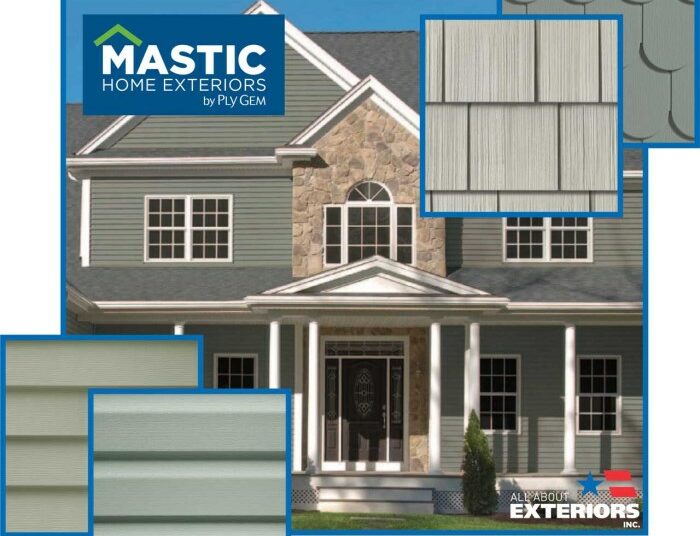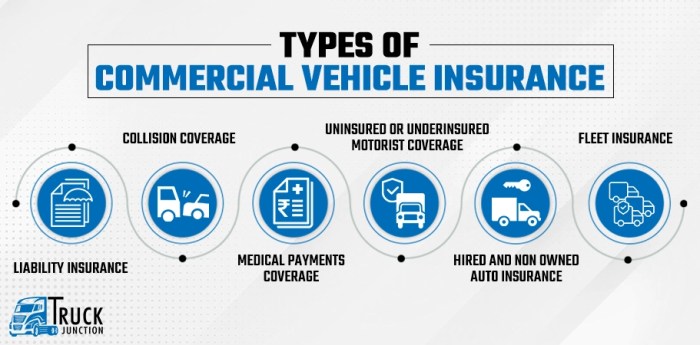Exploring the world of siding contractors near me, this guide aims to provide valuable insights into the importance of these professionals in home improvement projects. From discussing the various types of siding materials to outlining the qualities to look for in siding contractors, this comprehensive overview will help you navigate the process with ease.
Importance of Siding Contractors
When it comes to home improvement projects, siding contractors play a crucial role in ensuring the structural integrity and aesthetic appeal of a property. Their expertise and skills are essential in enhancing the overall look and functionality of a home.
Benefits of Hiring Professional Siding Contractors
- Quality Workmanship: Professional siding contractors have the necessary training and experience to deliver high-quality work that meets industry standards.
- Time and Cost Efficiency: Hiring professionals can save you time and money in the long run, as they work efficiently and effectively to complete the project within the specified timeframe.
- Access to Materials: Siding contractors have access to a wide range of materials and can recommend the best options based on your budget and preferences.
- Enhanced Curb Appeal: By choosing the right siding material and design, professional contractors can significantly improve the curb appeal of your home, increasing its value.
How Siding Contractors Enhance the Aesthetic Appeal and Functionality of a Property
Professional siding contractors have the expertise to transform the exterior of your home, enhancing its visual appeal and functionality. They can recommend the best siding options that not only look great but also provide insulation and protection against the elements.
By paying attention to detail and using their skills, siding contractors can help you achieve the desired look for your property.
Types of Siding Materials
When it comes to siding materials, there are several popular options used by contractors. Each material has its own set of advantages and considerations to keep in mind when making a choice.
Vinyl Siding
Vinyl siding is one of the most popular choices due to its affordability and low maintenance requirements. It is durable, resistant to rot and insect damage, and comes in a variety of colors and styles. However, it may crack or fade over time, and repairs can be challenging.
Fiber Cement Siding
Fiber cement siding is known for its durability and resistance to fire, rot, and insects. It can mimic the look of wood or stucco but requires painting or resealing every few years. While it is more expensive than vinyl, it is a long-lasting option.
Wood Siding
Wood siding offers a natural and timeless look, with options like cedar, pine, and redwood. While it requires more maintenance in terms of staining or painting to prevent rot and insect damage, it can add a rustic charm to a home.
However, wood siding is more susceptible to weathering and may need more frequent upkeep.
Aluminum Siding
Aluminum siding is lightweight, durable, and easy to maintain. It is resistant to fire and is not prone to rot or insect damage. However, it can dent easily and may not offer the same aesthetic appeal as other materials. It is also more prone to fading over time.
Cost Implications
When considering siding materials, it's important to factor in the initial cost, maintenance requirements, and long-term durability. Vinyl siding tends to be the most affordable option upfront, while fiber cement and wood siding are more expensive but offer greater longevity.
Aluminum siding falls somewhere in the middle in terms of cost. When looking for a siding contractor, it is crucial to ensure that they possess the necessary qualifications and certifications to complete the job effectively and efficiently. Here are some key qualities to look for when selecting a siding contractor: This ensures that they are legally allowed to perform the work and that you are protected in case of any accidents or damages.
When it comes to siding installation, there are several key steps that siding contractors follow to ensure a successful project. From preparation to finishing touches, each stage plays a crucial role in the overall outcome of the installation. In conclusion, siding contractors play a crucial role in enhancing the beauty and functionality of your property. By understanding the key factors to consider and the installation process involved, you can make informed decisions when hiring siding contractors near you. What qualifications should I look for in siding contractors? Look for certifications, experience, and a good reputation when choosing a reliable siding contractor. How can I vet siding contractors in my area? Research online reviews, ask for references, and check for any complaints with the Better Business Bureau. What are the common challenges during the siding installation process? Weather delays, structural issues, and unexpected repairs can pose challenges during siding installation. Which siding material is the most cost-effective? Vinyl siding is often considered the most cost-effective option due to its durability and low maintenance requirements.
Siding Installation Process

Typical Steps in Siding Installation
Tools and Equipment Used by Siding Contractors
Common Challenges in Siding Installation
End of Discussion
Popular Questions










